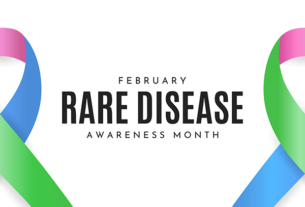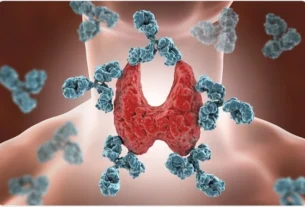The fight against cancer is witnessing unprecedented advancements, bringing new hope to millions affected by this complex group of diseases. Recent breakthroughs in cancer treatment are transforming the landscape of oncology, offering more effective, personalized, and less invasive options for patients.
One of the most significant developments in cancer treatment is the rise of immunotherapy. This approach harnesses the power of the body’s immune system to identify and attack cancer cells. Immune checkpoint inhibitors, a class of immunotherapy drugs, have shown remarkable success in treating various cancers, including melanoma, lung cancer, and certain types of lymphoma. By blocking proteins that prevent immune cells from attacking cancer, these drugs help the immune system recognize and destroy cancer cells more effectively.
CAR-T cell therapy, another innovative form of immunotherapy, involves modifying a patient’s T cells to better target and kill cancer cells. This therapy has shown impressive results, particularly in treating blood cancers like leukemia and lymphoma. Ongoing research aims to expand its use to solid tumors, potentially broadening the scope of its impact.
Targeted therapies are also making strides in cancer treatment. These drugs are designed to specifically target the genetic mutations and molecular changes that drive cancer growth. By focusing on these specific alterations, targeted therapies can effectively inhibit cancer progression with fewer side effects compared to traditional chemotherapy. Examples of successful targeted therapies include drugs that target HER2-positive breast cancer and EGFR-mutant lung cancer.
The advent of precision medicine is revolutionizing cancer care by tailoring treatments to individual patients based on their genetic profiles. Advances in genomic sequencing allow for the identification of specific mutations and biomarkers in a patient’s tumor, enabling oncologists to select the most appropriate and effective treatments. This personalized approach is improving outcomes and reducing the trial-and-error nature of cancer treatment.
Radiotherapy, a mainstay of cancer treatment, is also benefiting from technological advancements. Image-guided radiotherapy (IGRT) and intensity-modulated radiotherapy (IMRT) are enhancing the precision and effectiveness of radiation treatments. These technologies allow for more accurate targeting of tumors while minimizing damage to surrounding healthy tissues, resulting in fewer side effects and improved patient outcomes.
Minimally invasive surgical techniques are becoming more common in cancer treatment. Innovations such as robotic-assisted surgery and laparoscopic procedures offer precise removal of tumors with smaller incisions, leading to faster recovery times and reduced postoperative pain for patients. These advancements are particularly beneficial for cancers that require complex surgeries, such as prostate, colorectal, and gynecologic cancers.
Liquid biopsies, a cutting-edge diagnostic tool, are revolutionizing the way cancer is detected and monitored. By analyzing circulating tumor DNA (ctDNA) in a patient’s blood, liquid biopsies can provide real-time information about the presence of cancer, genetic mutations, and treatment response. This non-invasive approach offers a promising alternative to traditional tissue biopsies, making cancer diagnosis and monitoring more accessible and less burdensome.
In addition to these technological advancements, there is a growing emphasis on holistic and supportive care in oncology. Integrative medicine, which combines conventional cancer treatments with complementary therapies such as acupuncture, nutrition counseling, and stress management, is gaining recognition for its role in improving patients’ quality of life. These approaches help manage symptoms, reduce treatment side effects, and support overall well-being during and after cancer treatment.
Despite these promising developments, challenges remain in the fight against cancer. Access to cutting-edge treatments and clinical trials is still limited for many patients, particularly in low- and middle-income countries. Addressing disparities in cancer care and ensuring equitable access to the latest therapies is crucial for global progress.
As research and innovation continue to advance, the future of cancer treatment looks increasingly hopeful. With a growing arsenal of effective therapies and a deeper understanding of the disease, the medical community is making significant strides toward turning cancer from a deadly disease into a manageable condition. For patients and their families, these breakthroughs offer not just hope, but tangible improvements in survival and quality of life.



